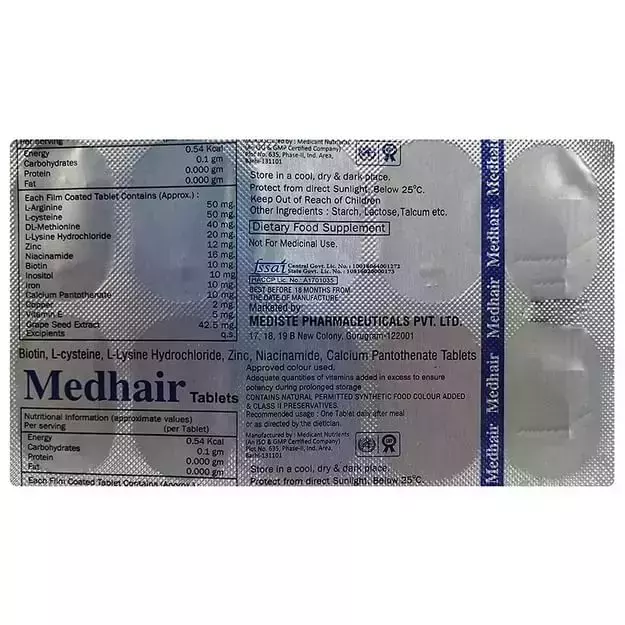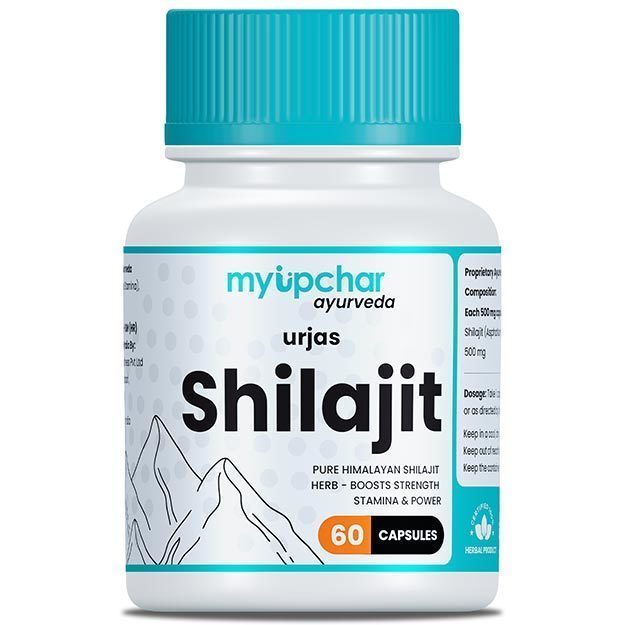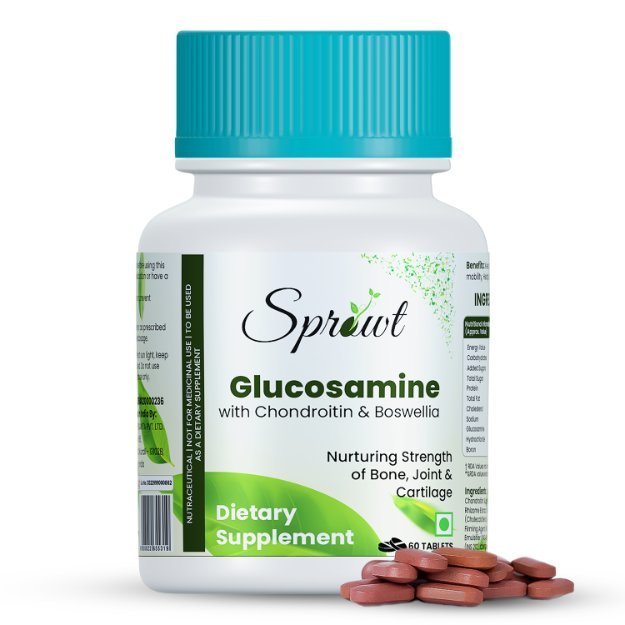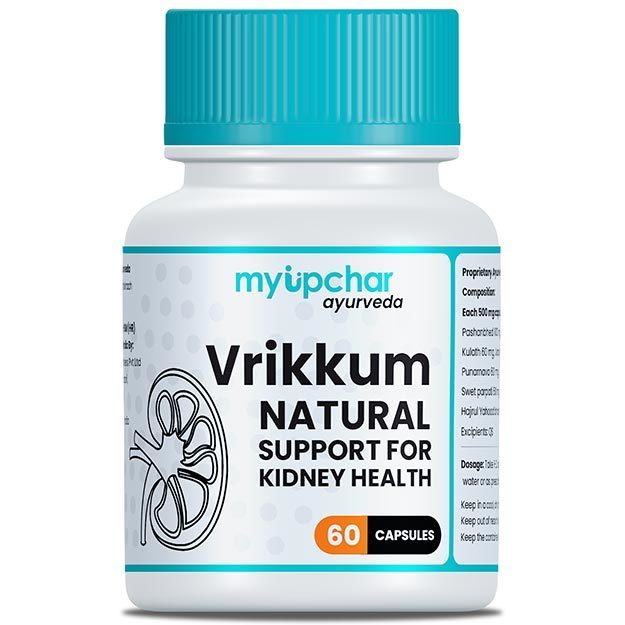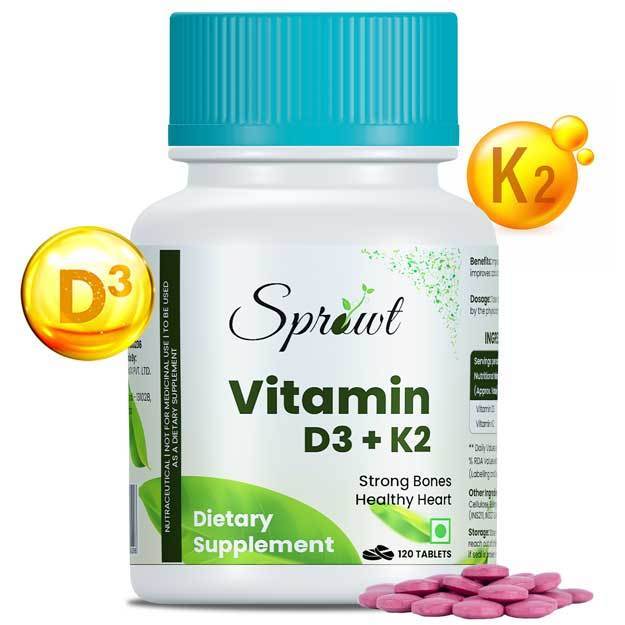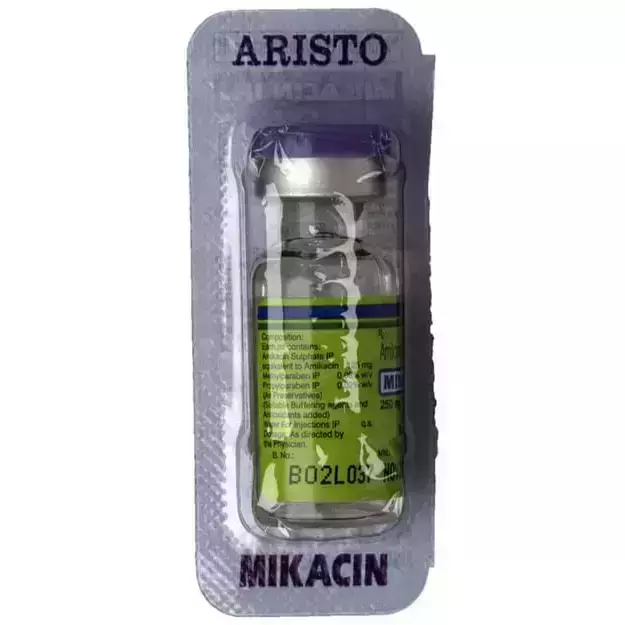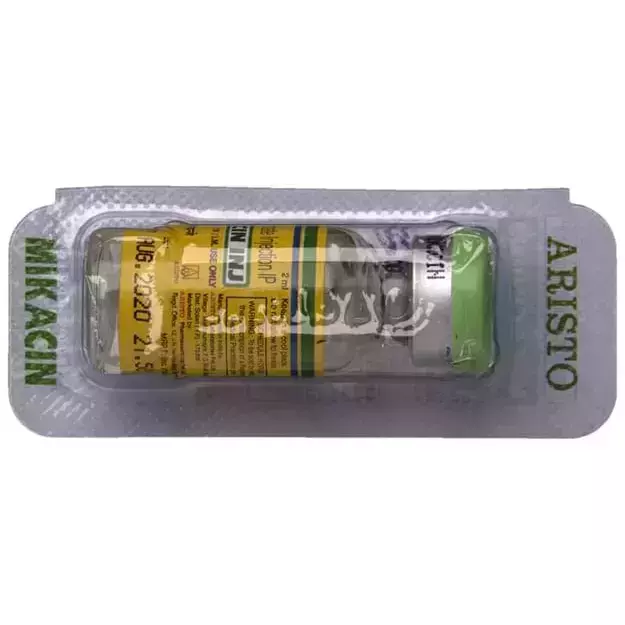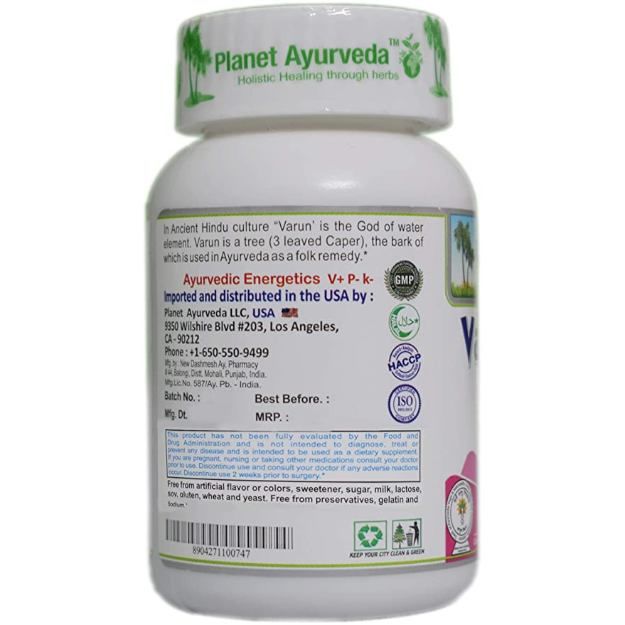Amikamac is a prescription medicine that is available as a Injection. Urinary Tract Infection are some of its major therapeutic uses. Amikamac also has some secondary and off-label uses. These are listed below.
The optimal dosage of Amikamac is largely dependent on the individual's body weight, medical history, gender and age. Besides the medical condition it is advised for, the route of administration also plays an important role in determining the correct drug dosage. Refer to the dosage section for a detailed discussion.
Apart from the aforementioned side effects, Amikamac can also lead to other problems, which have been listed below. Usually, these side effects of Amikamac go away soon, and do not persist beyond the duration of the treatment. However, if these continue for a longer time, consult your doctor right away.
In addition, Amikamac's effect is Severe during pregnancy and Unknown for lactating mothers. It is important to know if Amikamac has any effect on the kidney, liver and heart. Information on such adverse effects, if any, has been given in the Amikamac related warnings section.
Individuals suffering from medical conditions like Dehydration, Parkinson's Disease, Hearing Loss must refrain from the use of Amikamac since this can cause severe adverse effects. Other conditions have been mentioned below in the Amikamac contraindications section.
Additionally, Amikamac may also adversely react with other medicines. See below for a complete list.
In addition to these precautions, you may also note that Amikamac is safe while driving, and is is addictive in nature.
X

